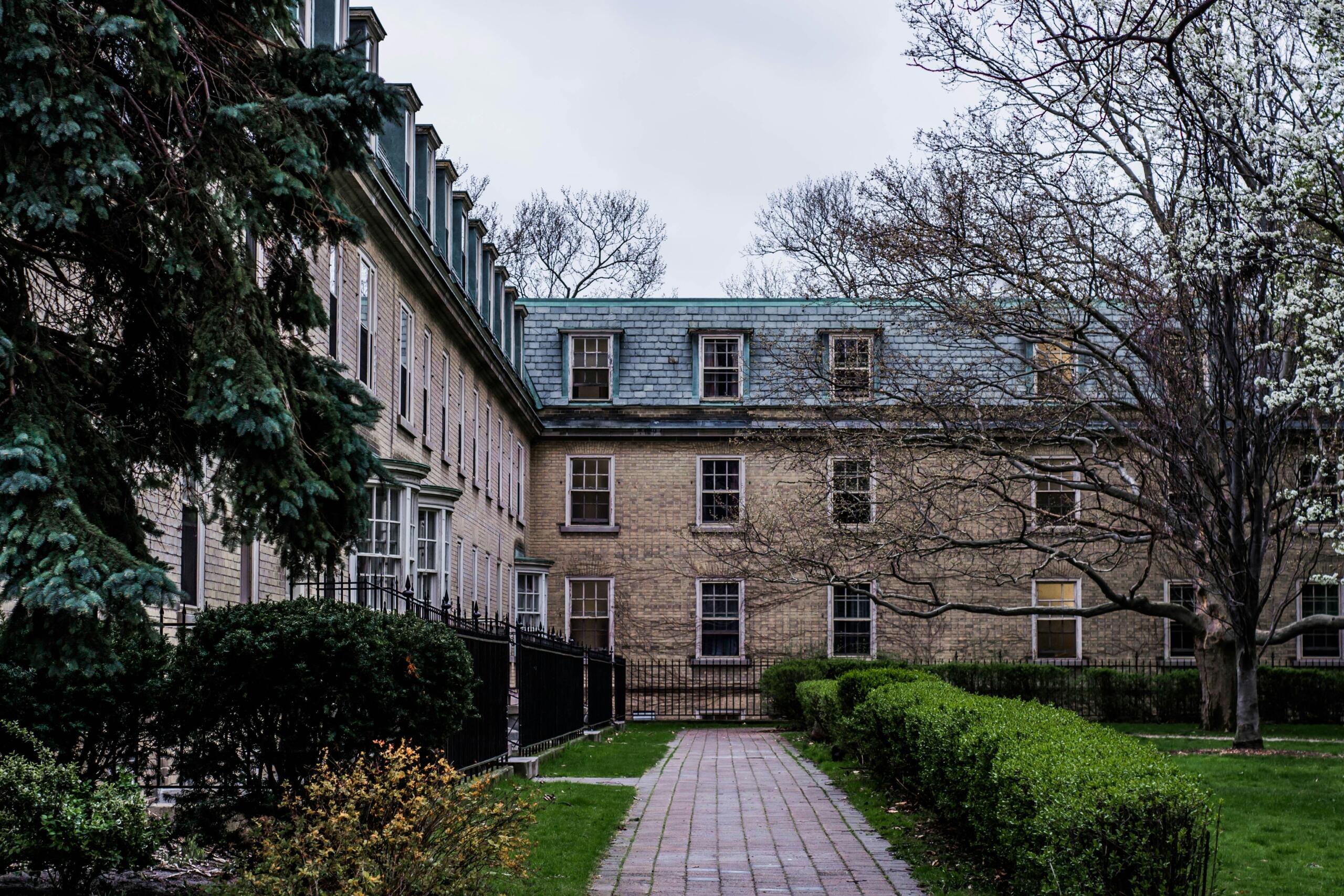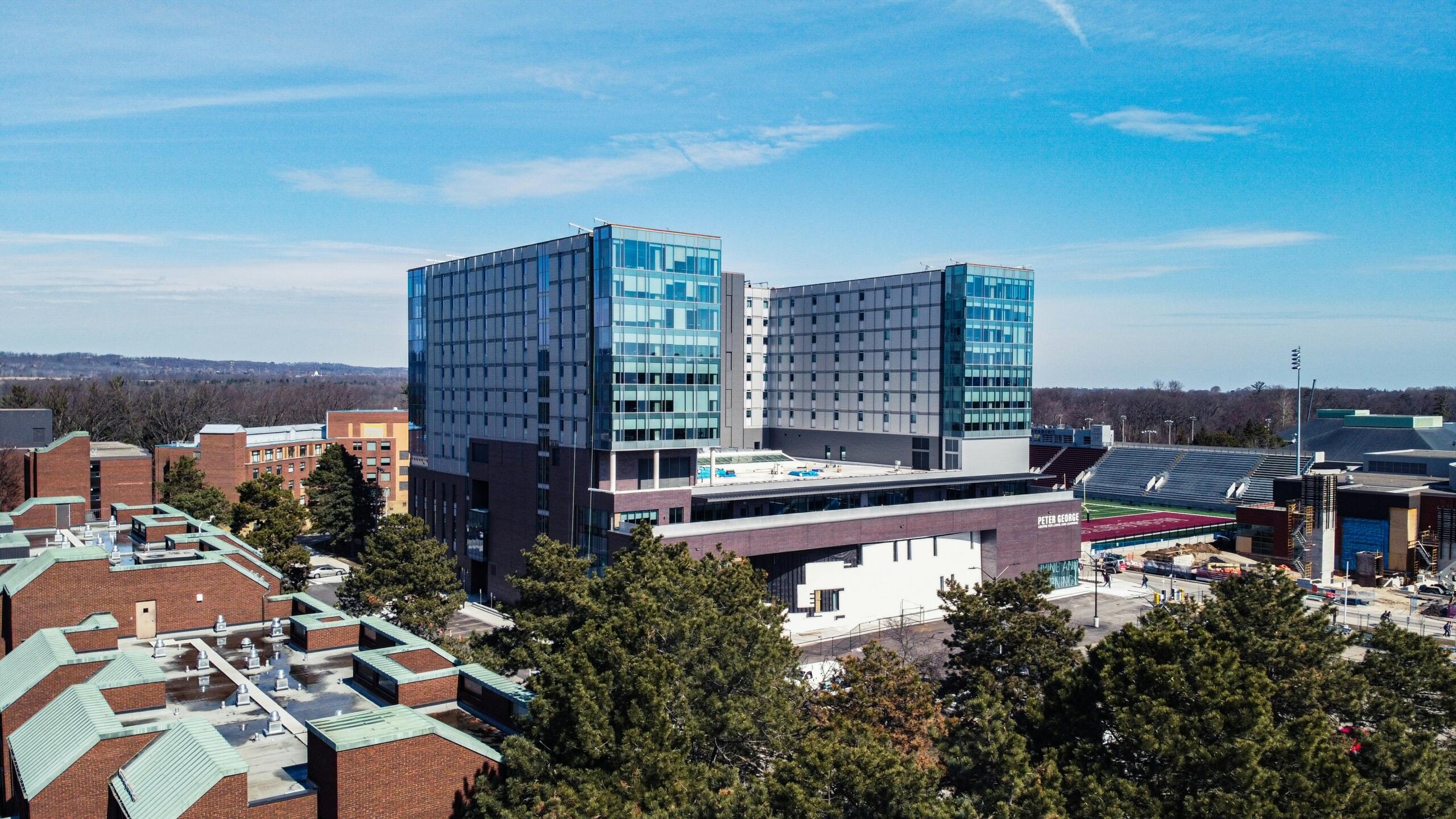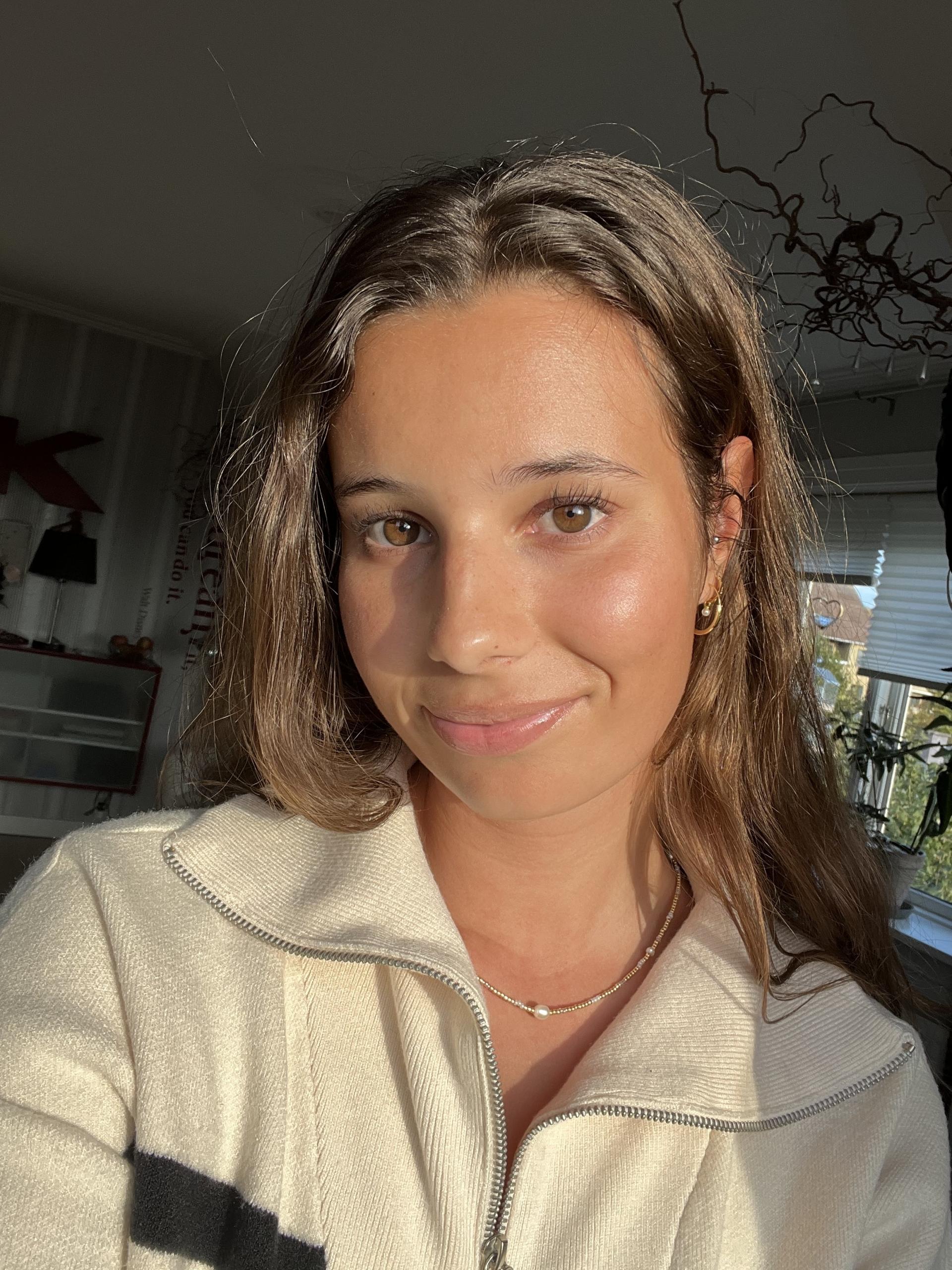Thinking about med school in Ontario? You’re not alone! With some of the top-ranked programs in medical schools across Canada, it’s no wonder so many students set their sights here. Whether you’re want a career in a bustling Toronto hospital or planning to work in a smaller community, Ontario’s medical schools offer a mix of cutting-edge research, hands-on learning, and plenty of opportunities to find your perfect fit.

What Are Your Medical School Options in Ontario?
Ontario has some of the best medical schools in Canada, each with its own unique programs and opportunities to help you build a career in healthcare. Whether you’re into cutting-edge research, hands-on training, or want to work in rural communities, there’s a school that’s the right fit for you. Let’s take a closer look at what Ontario’s top medical schools have to offer.
University of Toronto Medical School
Toronto medical school is often ranked as Canada’s top medical school, and it’s easy to see why. With a reputation for cutting-edge research, world-renowned teaching hospitals, and unparalleled clinical opportunities, it offers students a well-rounded and dynamic learning experience. Located right in downtown Toronto, students train in some of the country’s busiest and most advanced hospitals, gaining hands-on experience in a fast-paced, urban healthcare environment.
One of the standout features of U of T’s medical school is its strong emphasis on research. Whether you’re interested in groundbreaking discoveries in biomedical sciences or public health challenges, the university provides many opportunities to engage in innovative projects alongside leading experts.

Programs Offered at UofT:
University of Ottawa Faculty of Medicine
If you’re looking to study in both French and English, the University of Ottawa’s Faculty of Medicine offers something truly unique—a fully bilingual medical program. This dual-language approach is a huge advantage for students who want to work in diverse healthcare settings, both in Canada and internationally.
Whether you’re serving French-speaking communities in Quebec or working in bilingual healthcare environments across the country, you’ll graduate with a competitive edge that few other schools can offer.
Programs Offered at Ottawa:
Much like the medical schools in Montreal, uOttawa provides bilingual education and has a strong research focus, but Ottawa’s partnerships with federal institutions offer students unique access to government-led healthcare initiatives and policy-making opportunities.
Queen’s University School of Medicine
Queen's University could be the perfect fit if you’re looking for a med school with a friendly and supportive vibe. Smaller class sizes offer a more personal learning experience where you can really get to know your professors and classmates. The close-knit community makes it easy to ask questions, get feedback, and feel supported throughout your studies.
Queen’s has a big focus on public health and clinical innovation, so you’ll get plenty of opportunities to work on real healthcare challenges and gain hands-on experience. Whether it’s through hospital placements or community health projects, you’ll be learning in a way that prepares you for the real world.
Queen’s smaller class sizes provide a more personalized education than larger schools like Vancouver's medical schools.
Programs Offered at Queen’s:
Western University (Schulich School of Medicine & Dentistry)
Western University’s Schulich School of Medicine & Dentistry is a great choice if you’re interested in making a real impact in rural or military healthcare. They have a strong focus on training doctors to work in smaller communities where healthcare can be hard to access. If you’re looking to serve in these areas or even work with the Canadian Armed Forces, Schulich has specialized programs designed just for that.
Schulich’s approach is all about giving students the practical experience they need while staying focused on community-based care. If you’re passionate about making a difference where it matters most, Western could be the perfect fit.
Programs Offered at Schulich:
McMaster University Medical School
McMaster University’s medical school does things a little differently— and that’s what makes it such an exciting option. Their problem-based learning (PBL) model puts students right in the middle of real-world medical challenges from day one. Instead of just sitting through lectures, you will work through actual patient cases with your classmates, learning to think critically and solve problems like a real doctor.

One of the biggest perks of McMaster’s program is that it’s only three years long, which means you can get out into the workforce faster than most other medical schools.
Plus, with early exposure to patients in a variety of clinical settings, you’ll get hands-on experience right away, helping you build confidence and develop essential skills.
Programs Offered at McMaster:
Northern Ontario School of Medicine (NOSM University)
NOSM University is all about making a real impact where it’s needed most—focusing on healthcare in northern, rural, and Indigenous communities. If you’re passionate about bringing medical care to underserved areas and want a hands-on, community-focused experience, NOSM could be the perfect fit.
What makes NOSM stand out is its strong commitment to social accountability. From day one, students are immersed in real-world healthcare settings, working alongside professionals in remote and rural communities across Northern Ontario. It’s not just about learning in a classroom—it’s about experiencing the challenges and rewards of practicing medicine where it’s needed the most.
Just like the medical school in Calgary, NOSM puts a big emphasis on rural healthcare training, offering hands-on learning that prepares students to tackle the unique healthcare challenges faced by remote communities.
How Do You Apply to Medical Schools in Ontario?
Applying to medical schools in Ontario might seem overwhelming at first, but with the right plan, it’s totally manageable.
The entire process is handled through the Ontario Medical School Application Service (OMSAS)—a centralized system that makes it easier to apply to multiple schools at once. Whether you want to attend the University of Toronto, McMaster, or Queen’s, OMSAS is your go-to platform for submitting applications.
However, it is still important to check each school's requirements, as the University of Toronto's medicine requirements might differ from those of Northern Ontario School of Medicine.
What You Need for Your Application
A strong application has several important components, and it’s crucial to check each school’s specific requirements. Generally, you’ll need to provide:
- Academic Transcripts – Your grades matter, so make sure your transcripts are up to date and meet the eligibility criteria.
- Personal Statement – This is your chance to tell your story. Why do you want to become a doctor? What experiences have shaped your journey? Take the time to make it authentic and compelling.
- Letters of Recommendation – Schools want to hear from people who know you well, whether it’s professors, employers, or healthcare professionals who can vouch for your skills and character.
- CASPer Test – This online, situational judgment test assesses your decision-making and interpersonal skills. It’s a crucial part of the selection process, so be sure to prepare for it properly.
How Can You Get Help Getting Through Medical School?
Preparing for medical school can feel overwhelming, but you don’t have to do it alone. Whether you’re tackling the MCAT, writing your application, or gearing up for the CASPer test, having the right support can make a big difference. One of the best ways to stay on track and boost your confidence is by working with a tutor who understands the ins and outs of the application process.
Private tutoring services, like Superprof, can provide personalized guidance tailored to your needs. A tutor can help you develop a study plan for the MCAT, break down challenging concepts, and even offer strategies for excelling in the CASPer test.

With so many sections to prepare for, having someone to guide you through practice tests and review sessions can make studying more efficient and less stressful.
Another major advantage of working with a tutor is learning effective study techniques and time management skills. With medical schools in Ontario being highly competitive, staying organized and making the most of your study hours is crucial. A tutor can help you balance both, ensuring you’re ready for every step of the journey.
How to Choose the Right Medical School in Ontario?
Picking the right medical school in Ontario is all about finding the best fit for your goals, lifestyle, and budget.
With options like the University of Toronto for top-notch research, the University of Ottawa for bilingual programs, and NOSM for rural healthcare training, there’s something for everyone. Whether you picture yourself working in a busy city hospital or serving remote communities, Ontario’s schools offer plenty of opportunities to match your ambitions.
When making your choice, think about things like tuition fees, living costs, and the kind of learning environment you want. Some schools might have lower tuition but require a move, while others offer strong research programs and partnerships with top hospitals.

Attending info sessions and checking out campus tours — either in person or online — can help you get a feel for what each school is like.
Deadlines come up fast, so staying on top of applications is key. Most schools in Ontario use OMSAS, and applications are usually due in early fall. Make sure you’ve got everything lined up—grades, test scores, recommendation letters, and any required essays—so you’re not scrambling at the last minute.
Ontario schools tend to have a fast-paced, academic vibe, especially in big cities like Toronto and Ottawa. If you’re looking for something with a bit more of a balanced lifestyle, schools like those in Vancouver might be a better fit. Thinking about how different environments match your personality and goals can help make your decision easier.
At the end of the day, the best choice is the one that feels right for you. Do your research, explore your options, and trust that you’ll find the perfect fit for your medical journey.
Summarize with AI:















